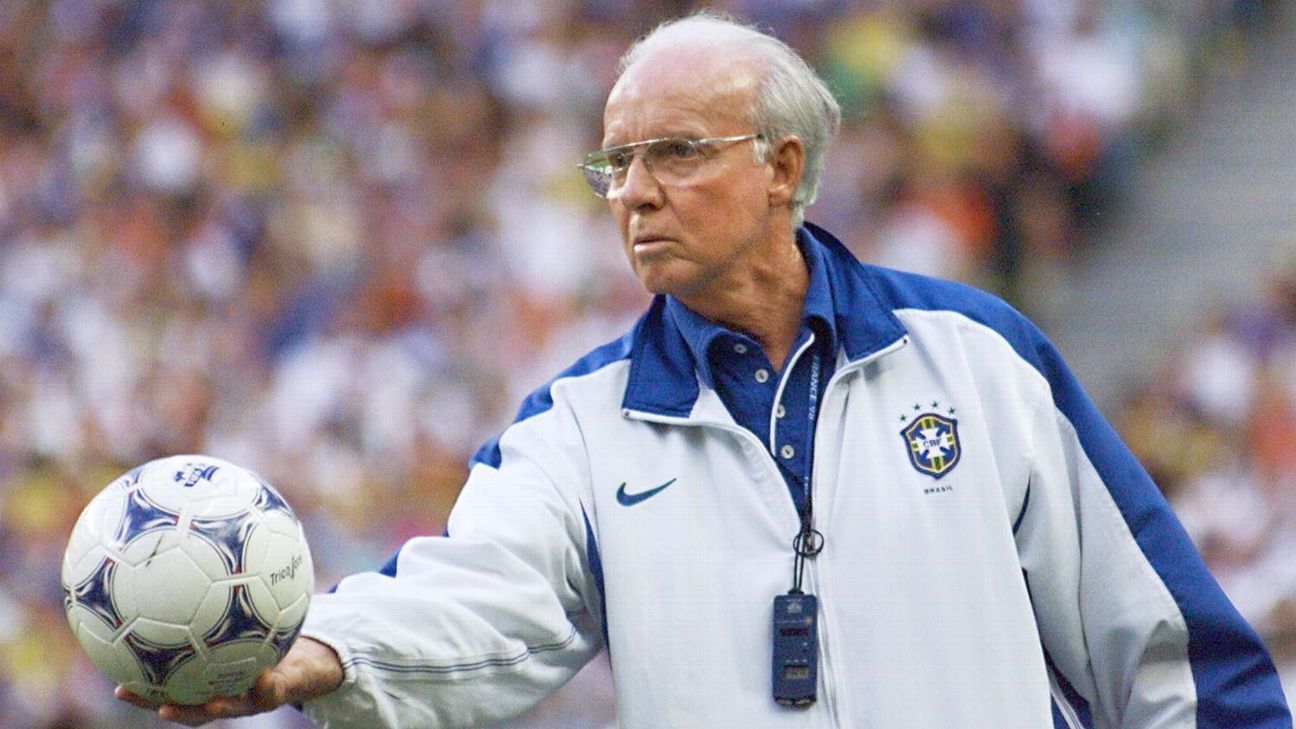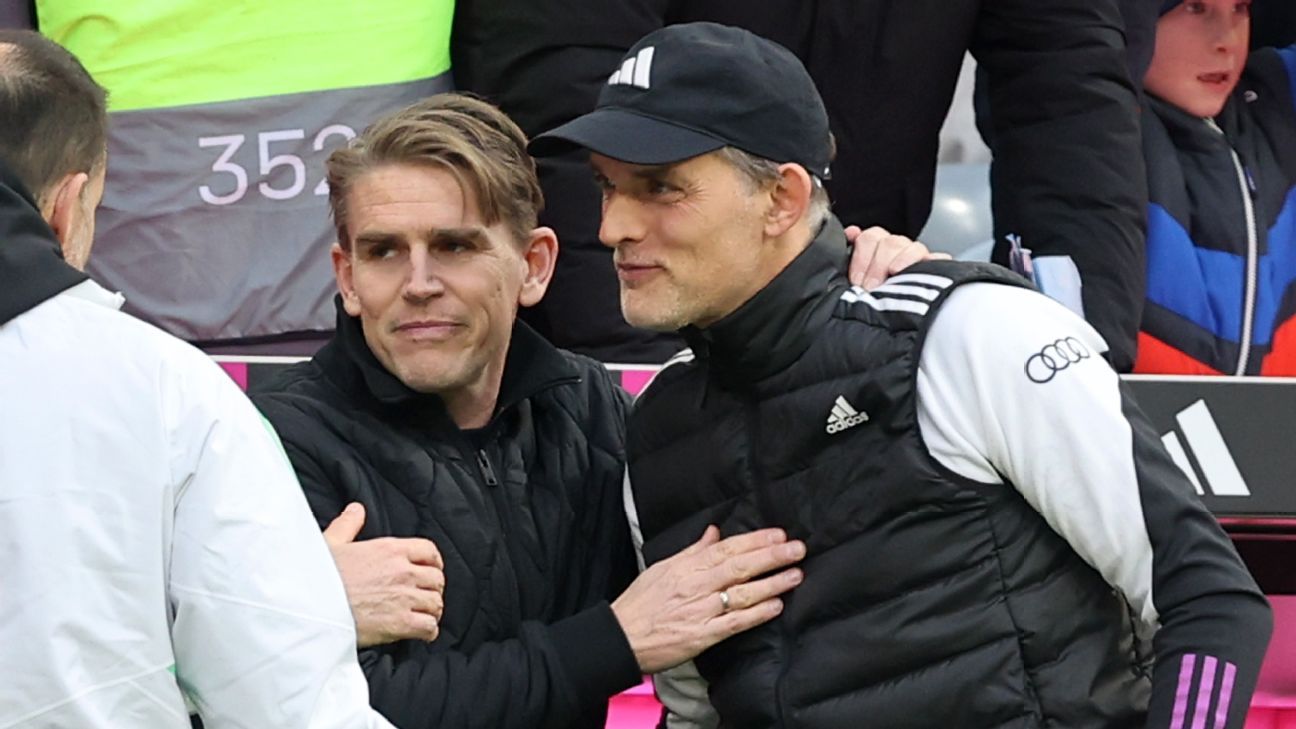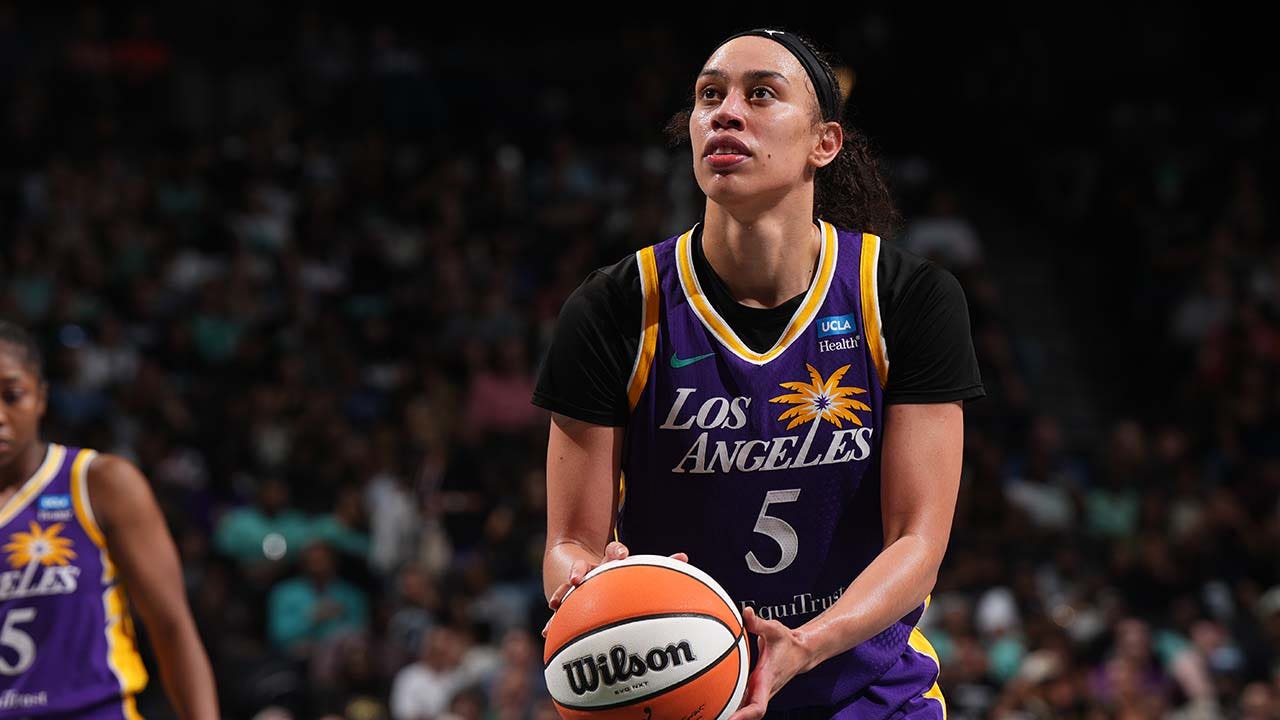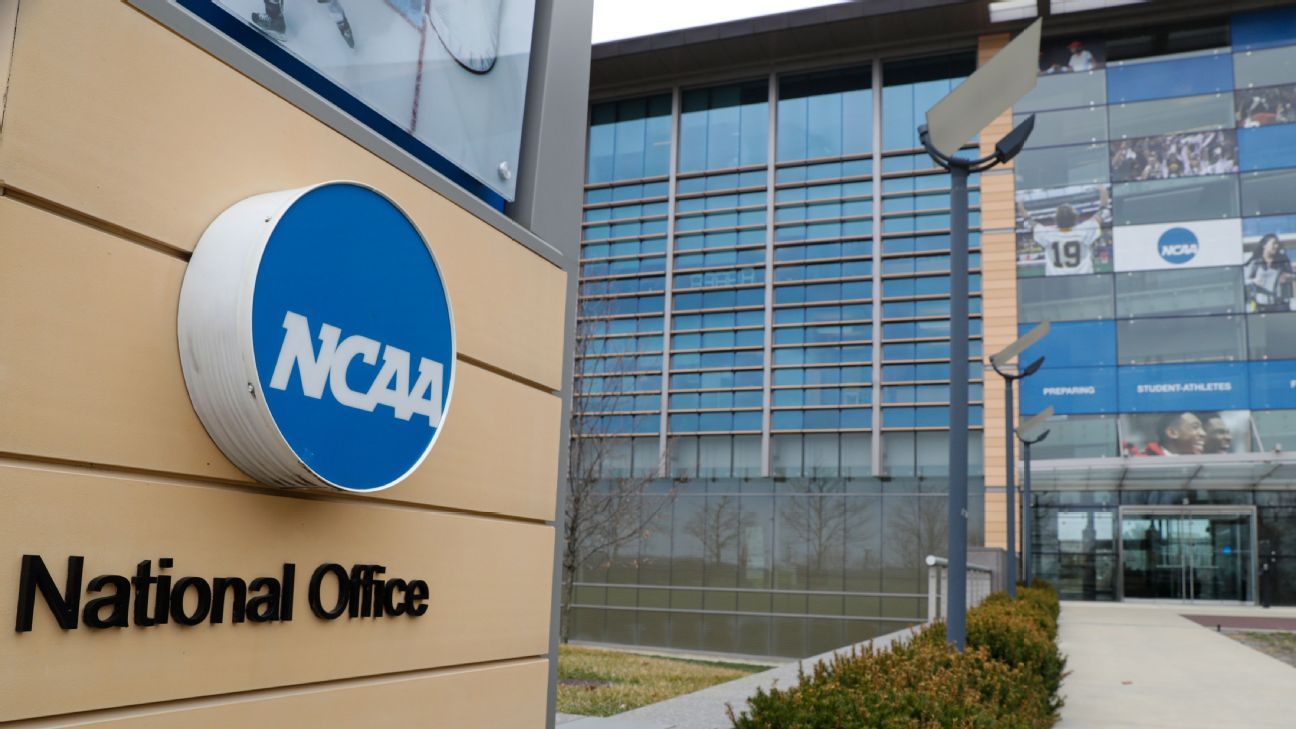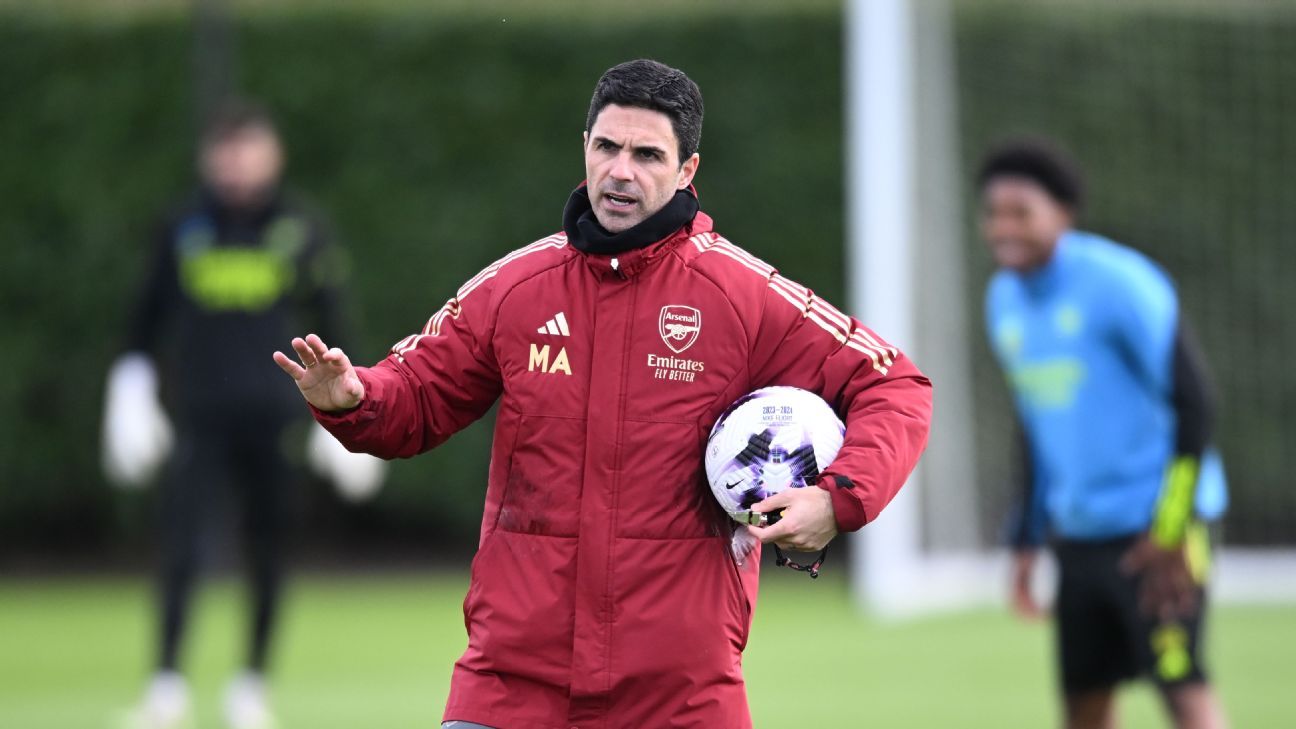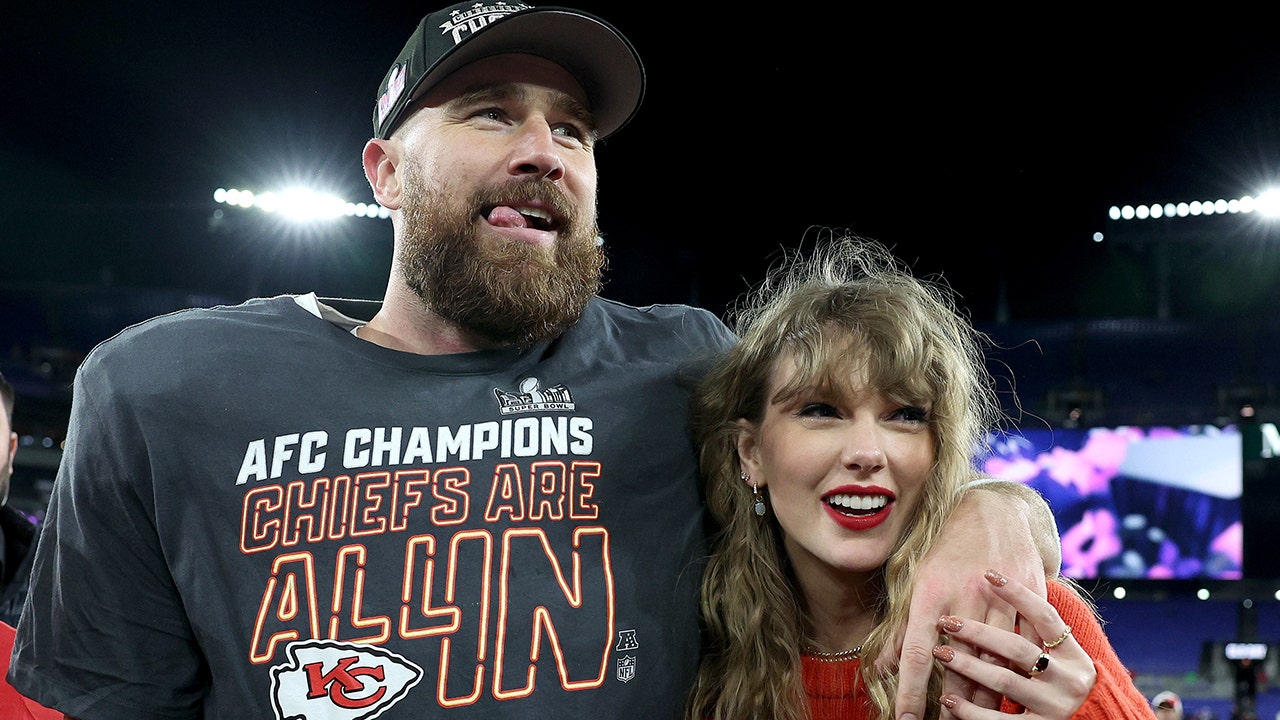Mario Zagallo, who reached the World Cup final a record five times, winning four, as a player and then as a coach with Brazil, has died. He was 92 years old.
Zagallo, the first person to win the World Cup as a player and coach, is for many Brazilian football fans a synonym for patriotism, courage and glory.
The president of the Brazilian Football Confederation, Ednaldo Rodrigues, said in a statement in the early hours of Saturday confirming Zagallo’s death that Zagallo “is one of the greatest legends” of the sport.
“We offer solidarity to his family and fans in this moment of pain due to the departure of this great hero of our football,” said Rodrigues.
Several Brazilian clubs where Zagallo played and coached also expressed their sadness over his death.
Zagallo’s social media channels called him “a dedicated father, a loving grandfather, a loving father-in-law, a loyal friend, a victorious professional and a great human being.”
“A gigantic hero. A patriot who leaves us a legacy of great achievements,” the text adds, without giving more details about Zagallo’s death.
One of the most charismatic and superstitious figures in Brazilian football, he was also known for his affection for the number 13.
He said that 13 was his lucky number because it has the last two digits of his year of birth: 1931. He always highlighted any link, even if coincidental, between 13 and his football successes.
Zagallo played a role in almost every important chapter in Brazilian football history, from his first World Cup title in 1958 to the tournament he hosted in 2014. Former Brazil coach Tite visited him to hear his advice before leading the team to the 2018 and 2022 World Cups. Mugs.
He was a striker for Brazil when they won the World Cup in 1958 in Sweden and 1962 in Chile, and was one of the first players to act as a false winger, playing between midfielders and forwards.
Zagallo stopped playing professionally in 1965 and began his coaching career at Rio de Janeiro club Botafogo the following year.
Appointed national coach in 1970, just before the World Cup in Mexico, he inherited a squad that included Pelé, Jairzinho, Gerson, Roberto Rivellino and Tostão. Brazil crushed Italy 4-1 in the final, becoming the first three-time champion.
He also coached Brazil in 1974, but without Pelé, the team finished in fourth place.
Zagallo was assistant coach to Carlos Alberto Parreira when Brazil won the 1994 World Cup in the United States, beating Italy again in the final.
And he returned to command four years later for the World Cup in France, when Brazil lost 3-0 to the hosts in a final marked by striker Ronaldo’s inexplicable seizures before the match. Zagallo was criticized for letting Ronaldo play.
“The doctors gave him the all-clear to play,” Zagallo said. “Anyone in my position would have done the same. I wasn’t going to be the one to stop him from playing in a World Cup final.”
His last coaching role with the national team was as Parreira’s assistant in 2006. Brazil were pre-tournament favorites to win their sixth World Cup title in Germany. But the squad led by Ronaldinho, Kaká, Ronaldo and Adriano fell to France in the quarterfinals.
Zagallo was one of the few coaches to have successful coaching stints at Rio’s four traditional clubs: Flamengo, Fluminense, Botafogo and Vasco da Gama.
He began his career as a striker with América de Rio and later also played for Flamengo and Botafogo, one of the few Brazilian clubs that rivaled Pelé’s Santos in the 1960s.
Zagallo was hospitalized for more than a month in 2005 after undergoing stomach surgery.
Four years earlier, he was placed under medical care for an irregular heartbeat while coaching Flamengo.
He spent 12 days in hospital just before the 2014 World Cup due to a back infection, and was released just in time to watch the opening match. He served as an ambassador for that tournament.
Zagallo was hospitalized for 22 days in August last year due to a urinary tract infection. Upon his return to his home in Rio, he was filmed in a wheelchair.
“We are stronger than ever!” he then said in a post on his social media channels, which ended with his career motto: “You’ll just have to put up with me!”

